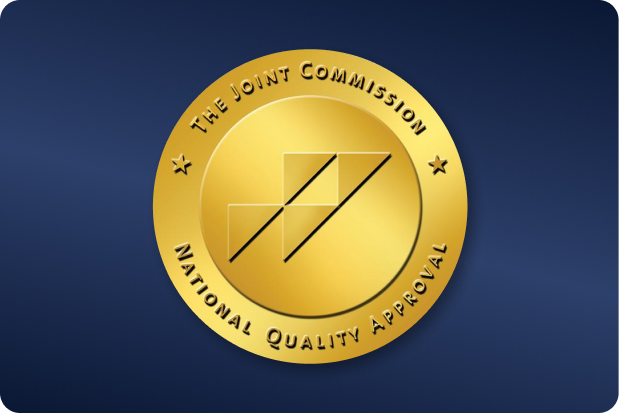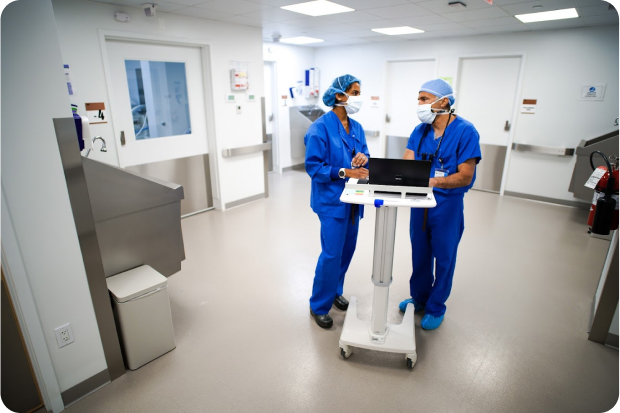 OUR LOCATIONSCall to book (212) 604-1300
OUR LOCATIONSCall to book (212) 604-1300
 OUR LOCATIONSCall to book (212) 604-1300
OUR LOCATIONSCall to book (212) 604-1300
Table of contents
Occipital neuralgia is a type of headache that causes chronic pain in the upper neck, back of the head, and behind the eyes.
Occipital neuralgia usually occurs when one of the two nerve nodes (known as the nerves of the occipital branch) is pinching or irritated. This can occur due to trauma, strain, tumors, osteoarthritis, diabetes, infections, or congenital abnormalities.
If you’re feeling sharp, stabbing, or burning pain in the back of your head or neck, it’s a good idea to see a doctor. You should also get checked out if your scalp feels tender, the pain gets worse when you move, or it starts to affect your daily routine.




One of the most common symptoms associated with this condition is a sudden, acute headache that bears little resemblance to the pain experienced with a migraine. The scalp becomes extremely sensitive to even the lightest touch, making normal daily activities such as brushing, washing, or combing your hair difficult.
Common symptoms of occipital neuralgia include:
Diagnosing occipital neuralgia requires a physical examination by a doctor to determine which nerve is the source of pain.
To diagnose occipital neuralgia, your doctor will start by talking to you about your symptoms and doing a physical exam. They might gently press on specific areas to pinpoint the pain. In some cases, they’ll recommend imaging tests like an MRI or CT scan to rule out other conditions.
Sometimes, a nerve block — where a local anesthetic is injected near the occipital nerve — is used. If your pain goes away temporarily, it helps confirm the diagnosis.
An individualized treatment plan is selected for each patient, depending on the severity of the symptoms and the underlying causes of neuralgia.
Your doctor may suggest one or a combination of these approaches:
These are often the first steps to manage discomfort and improve mobility:
To ease pain and inflammation, your provider might recommend:
If the pain persists, these targeted treatments might help:
If nothing else helps, surgery may be considered:
It is important to remember that self-treatment can lead to a worsening of the condition, so it is necessary to consult a doctor at a pain clinic for proper diagnosis and treatment.


Getting an early diagnosis gives you the best chance at managing occipital neuralgia before it turns into something more serious.
Prompt treatment can:
If you are suffering from occipital neuralgia, be sure to make an appointment with the best pain management doctors at NYPC. After a detailed physical examination, our neurologists will determine which treatment option best suits your needs.
New York Pain Care
20 Squadron Blvd, Suite 290
New City, NY 10956
(212) 242-8160






